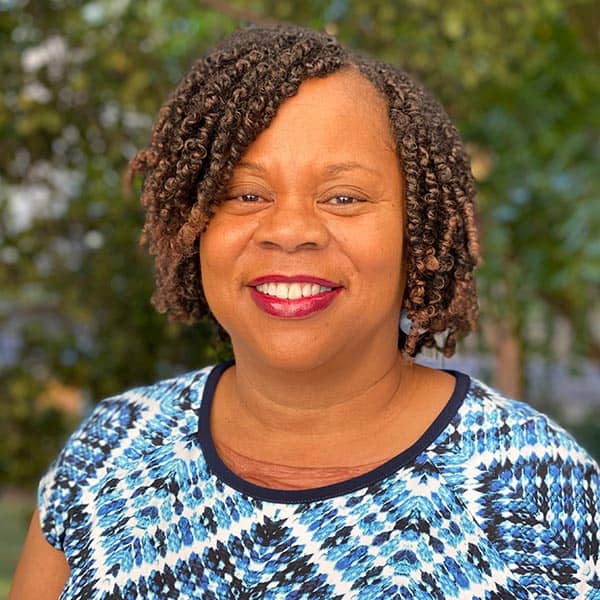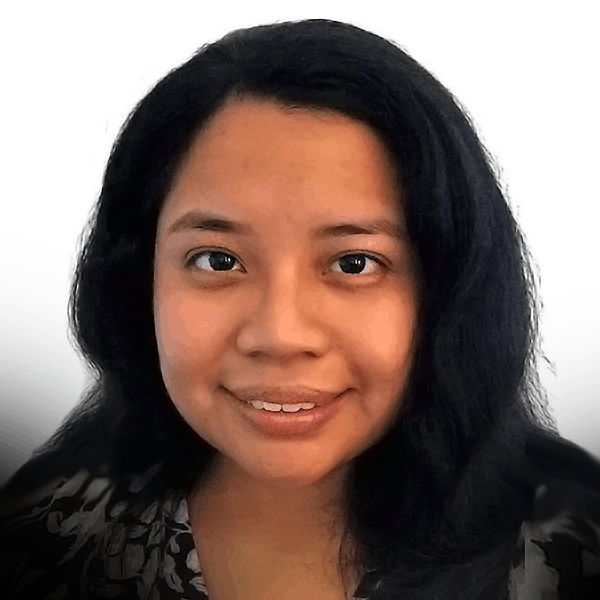Psychology, B.A.
50 Credits | Main Campus
Prepare for a career or graduate study in mental health and human services with a solid foundation in research, theory and practical skills.
If you want to assist people in need, Trinity’s psychology major is for you.
- Do you want to become an individual or family therapist?
- Do you want to help your community through other support services?
Prepare for a career or graduate study in mental health and human services fields; as a psychology major, you’ll gain a solid foundation in research, theory and practical skills.
Our students have a sincere interest in helping others and pursue further studies and careers in areas such as counseling, human resource management and community services. In addition to our research-based and practical coursework, you will gain on-the-job experience through an internship or practicum.
The Perfect Starting Point: Dual Degree Pathway to a Master’s Degree
Trinity provide a unique pathway for psychology majors, preparing you to seamlessly enter a master’s degree program in clinical mental health counseling or school counseling in the School of Nursing and Health Professions.
What You’ll Learn
- Ethical Standard
- Psychological Research Methods
- Developing Psychological Experiments
- Life stages of development (child, Adolescent & Adulthood),
- The Psychology of Women
- Forensic psychology
- Statistical Analysis
Local Practicum Sites
- American Psychology Association, Public Interest Directorate
-
Mt. Washington Pediatric Hospital
-
Northern Virginia Detention Center
-
Foundation Learning Center
-
Latin American Youth Center
Global Careers
- Psychologist
- Social Worker
- Career Counselor
- Applied Behavior Analyst
- Lawyer
- Public Policy Researcher
Applying to the Psychology, B.A. Program
Applying to Trinity is free, and Trinity reviews each application as soon as it is complete: you’ll get our decision right away.
We’re here to help at 202-884-9400 or admissions@trinitydc.edu.
College of Arts & Sciences Admissions Requirements
Applying to the College of Arts & Sciences is a 5-step process:
- Step One: Apply to Trinity
- Step Two: Have your School Administrator submit your Official Transcripts (High School/College/Home School/GED) – International Transcripts must be evaluated prior to submission
- Step Three: Submit Essay “Where do I see myself after obtaining a TWU degree?”
- Step Four: Submit your Recommendation Letter(s) (Teacher/Guidance Counselor/Mentor)
- Step Five: Once your application is submitted, use your log-in credentials to check your status
Admissions Criteria:
- First-Time Freshman candidates for admission should complete a secondary school program that includes 16 academic units: English, Mathematics (algebra, geometry, and trigonometry), Science to include Lab work (biology, chemistry, and physics), History, Foreign Language, and Social Science.
- Transfer candidates must submit official college transcripts from each previously attended college or university.
- Optional Standardized tests such as the Scholastic Aptitude Test (SAT I) and/or the American College Test (ACT) can be submitted. To have your scores sent to us use SAT code 5796 and ACT code 0696.
- Minimum cumulative grade point average 2.0 (on 4.0 Scale).
Applying to Trinity’s School of Professional Studies
Applying is a five-step process:
- Apply to Trinity using the online application
- Submit One (1) Letter of Recommendation
- Submit Official Final Transcript(s) or GED certificate – International Transcripts must be evaluated prior to submission
- Submit an Essay: What unique qualities, experiences, or perspectives would you bring to the Trinity Washington University community
- Once your application is submitted, use your log-in credentials to check your status
Requirements
- High school completion of 10 years or more with demonstrated work experience may submit diploma or GED certificate
- International Students must adhere to International Student Checklist
- Military Students & Family members must complete Veterans Benefits Checklist
- Priority Admission Given to applicants with a minimum cumulative grade point average of 2.0 (on a 4.0 scale)
- Students may apply for credit in experiential learning through program faculty.
- Transfer credits may be accepted toward a major if courses are equivalent to the program of interest.




